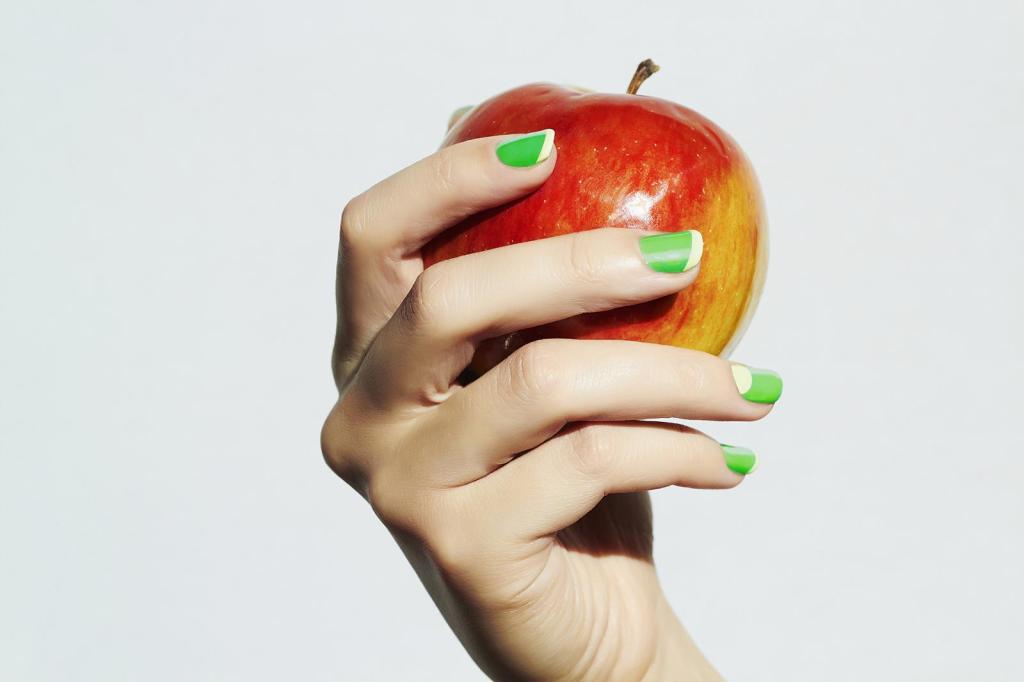By Mayo Clinic News Network (TNS)
DEAR MAYO CLINIC: My doctor recommended that I add more fruits and vegetables to my diet. I have slowly increased my intake over the past two months, but lately I have begun to experience increased gas and bloating. Are there certain foods to avoid to limit abdominal distress? How can I embrace a more healthful diet but banish the discomfort?
ANSWER: Congratulations on working to embrace a more nutritious diet. Incorporating more fruits and vegetables, which provide valuable fiber, is a step in the right direction to help manage cholesterol, blood pressure, blood sugar and overall weight. However, if you are not used to consuming fiber-rich foods in your diet, you will want to do so slowly to avoid bloating and abdominal pain.
The amount of fiber each person needs is based on age. Generally, men aged 50 and younger should aim for 38 grams of fiber daily, whereas women of this age would target 25 grams daily. As we age, fiber intake recommendations decrease. Men aged 51 and older should aim for 30 grams of fiber daily; women should aim for 21 grams daily.
Also, be mindful that certain foods — and drinks — can trigger excess digestive discomfort. Consider avoiding some common offenders and you can continue on your path to a more nutritious lifestyle.
Fruits with high fructose content
Many people avoid fruit because fruit has sugar, including fructose and sorbitol, which can cause inflammation and gas. But fruit contains fiber, which is important for a healthy diet, and beneficial vitamins and minerals. Avoid fruits that are high in fructose, such as apples, pears and watermelon. Instead, choose bananas, oranges, cantaloupe and darker-hued fruit — such as blackberries, blueberries and strawberries — which contain valuable antioxidants.
Beans and lentils
Though beans and lentils are excellent sources of protein and fiber, these foods also contain complex sugars called oligosaccharides, which cause bloating and gas as…
Read the full article here







